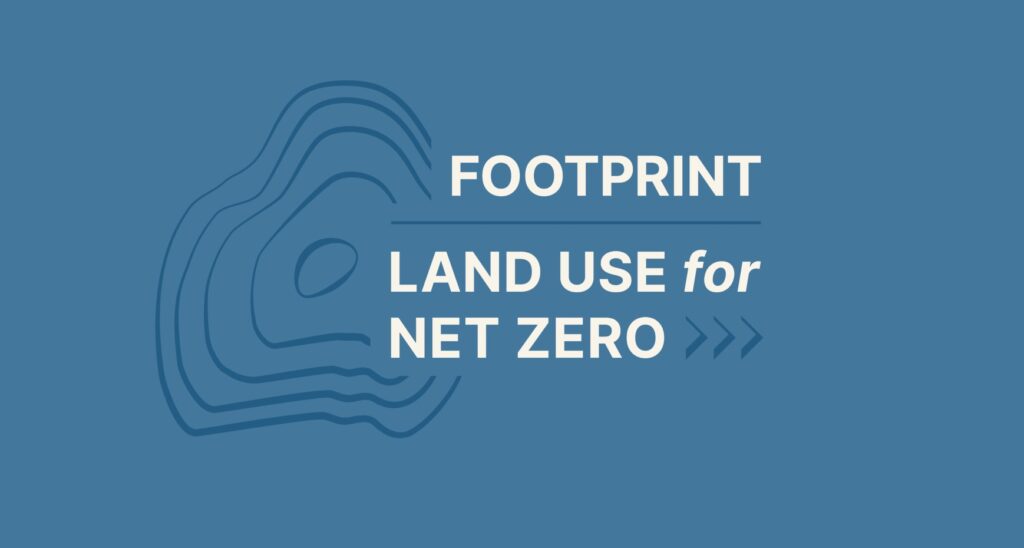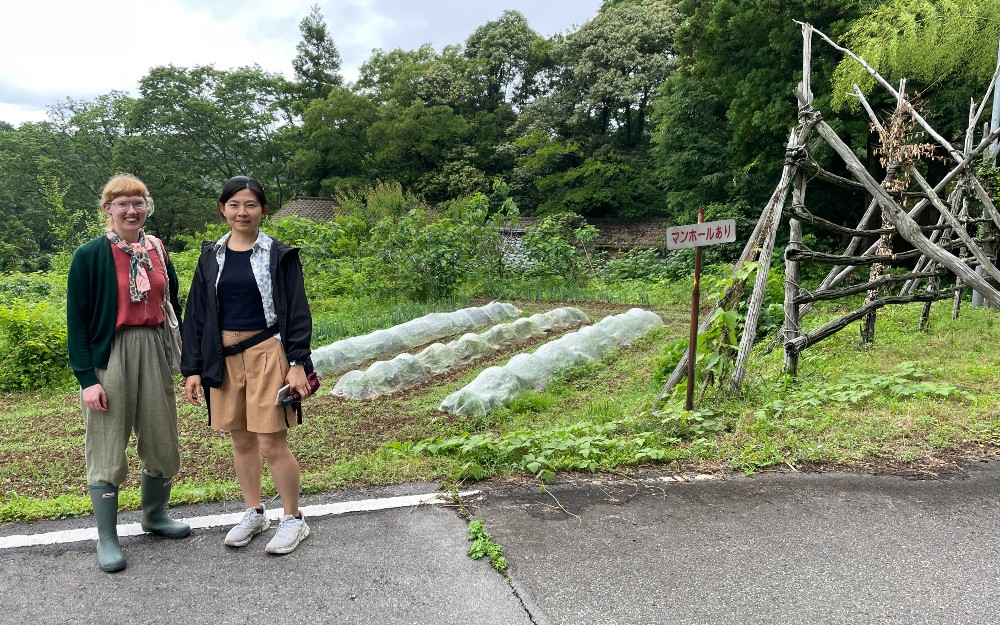Inshore fishing is a diverse sector involving a wide range of people from those who actually catch wild fish through to those who retail and process the catch, those who supply the equipment and those who depend on the special ambience that fishing creates. The purpose of this project, funded by Defra, in dialogue with the other research initiatives by the Sustainable Access to Inshore Fisheries (SAIF) project, is to understand the impacts of fishing on both those people and communities who are directly dependent on it and those who are indirectly involved with it. These impacts may be very direct, such as employment, products or equipment or less tangible in the form of a sense of place or community that makes an area distinctive.
Inshore fishing is a diverse sector involving a wide range of people from those who actually catch wild fish through to those who retail and process the catch, those who supply the equipment and those who depend on the special ambience that fishing creates, for other business purposes (e.g. tourism). The purpose of this Defra funded project, in dialogue with other research initiatives under its Sustainable Access to Inshore Fisheries (SAIF) project, was to understand the impacts of fishing on the people and communities who are directly dependent on it, and those who are indirectly involved.
The project considered the tangible and intangible impacts of fishing and the channels through which it is able to influence society more broadly. It then considered how different possible management scenarios would affect the social and cultural elements of fishing, and in turn how the sector might perceive those management scenarios. The first phase of the project examined the social impacts of fishing in six diverse communities, through a combination of interviews and stakeholder groups examining tangible and intangible social impacts. The second phase brought together those who have a stake in fishing, either as participants or representing organisations, as well as those who market tourist destinations or are concerned with the development of those communities. This phase used the evidence of the first phase and management options from the SAIF project to construct scenarios to which the stakeholders were asked to apply their experience.
The CCRI project team was Dr Matt Reed (project leader), Dr Paul Courtney, Dr Owain Jones, Dr John Powell, Nick Lewis, and Becky Griffiths (ex-placement student. Julie Urquhart, from the University of Greenwich, and Jeremy Phillipson and Natalie Ross from the Centre for Rural Economy, Newcastle University also worked on the project, which started in August 2009 and reported in early 2011.




